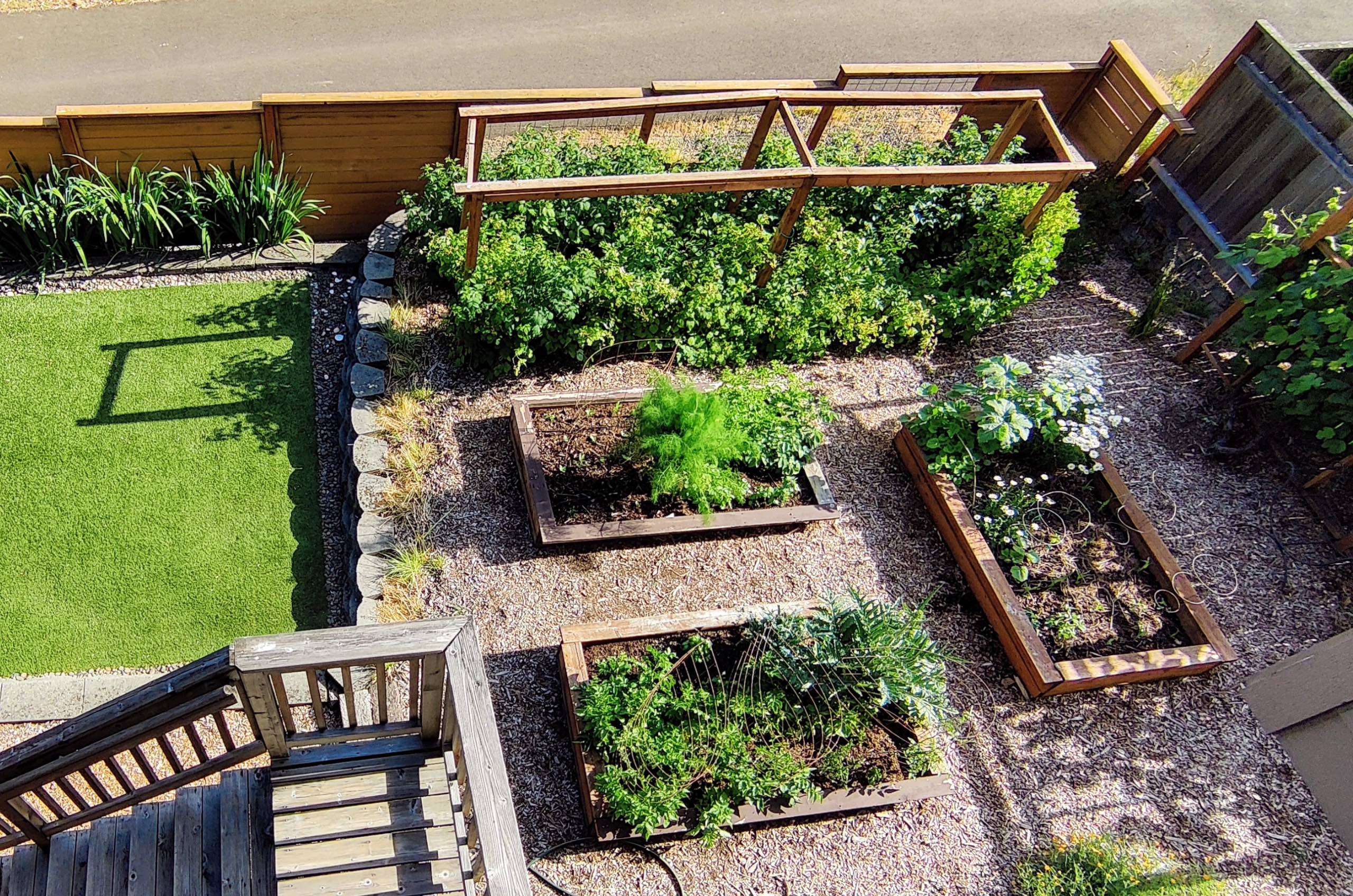Top 10 Natural and Eco-Friendly Ways to Critter-Proof Your Garden

Gardening season is in full swing, and there’s nothing more rewarding than watching your plants thrive. However, sharing your garden with nature often means dealing with critters that love your plants just as much as you do. Instead of resorting to harmful chemicals, let’s explore natural and eco-friendly ways to protect your garden. Here are our top 10 tips for critter-proofing your garden while keeping it safe for the environment.
1. Create a Barrier with Fencing
A simple and effective way to keep larger animals out is to install a fence around your garden. Choose materials like bamboo or recycled wood to make your fence eco-friendly. For smaller critters, bury the fence a few inches underground to prevent them from digging underneath.
2. Use Companion Planting
Companion planting is a natural method where certain plants are grown together to repel pests. For example, planting marigolds with your vegetables can deter nematodes and aphids, while herbs like basil and rosemary can keep away mosquitoes and flies.
3. Build a Hedge or Natural Barrier
Planting dense hedges or thorny bushes around your garden can act as a natural barrier. Shrubs like holly or hawthorn can deter larger animals, while also providing habitat for beneficial insects and birds.
4. Install Netting or Row Covers
Lightweight netting or row covers can protect your plants from birds and insects. These covers allow sunlight and water to reach your plants while keeping critters at bay. Opt for biodegradable or reusable materials to reduce waste.
5. Create a Homemade Spray
Natural sprays made from ingredients like garlic, hot pepper, or neem oil can be effective in deterring pests. Mix these ingredients with water and spray on your plants to keep critters away. These solutions are safe for your plants and the environment.
6. Introduce Beneficial Insects
Encourage beneficial insects like ladybugs, spiders, and predatory beetles to take up residence in your garden. These insects prey on common pests and help maintain a natural balance. Planting flowers like dill, fennel, and yarrow can attract these helpful critters.
7. Mulch with Natural Materials
Mulching with straw, wood chips, or grass clippings can help deter pests while also enriching your soil. Mulch can make it difficult for insects to lay eggs and can prevent weeds from taking over your garden. In our area you can request local arborists deliver wood chips for free from ChipDrop.
8. Set Up Bird Feeders and Baths
Attracting birds to your garden can help control insect populations naturally. Install bird feeders and baths to encourage birds to visit your garden. They will feast on insects while adding beauty and life to your garden space. Be sure to use natural bird feed and leave out the red dye from liquid bird feeders.
9. Use Copper Tape for Slugs and Snails
Copper tape (or use copper penny’s – which may be cheaper) is a safe and effective way to keep slugs and snails away from your plants. When these critters come into contact with copper, it creates a mild electric shock that deters them from crossing the barrier. I’ve also mulched with crushed egg shells and cracked hazelnut shells around plants to create a sharp barrier that slugs and snails tend to avoid.
10. Practice Crop Rotation
Rotating your crops each season can help prevent the buildup of pests and diseases in your garden. Different plants attract different pests, so changing the layout of your garden annually can disrupt their life cycles and reduce their impact.
Gardening naturally and sustainably is not only beneficial for your plants but also for the environment. By implementing these eco-friendly critter-proofing methods, you can enjoy a thriving garden without compromising the health of your local ecosystem.
Do you have any tried-and-true methods for keeping pests at bay? Share your tips and experiences in the comments below!